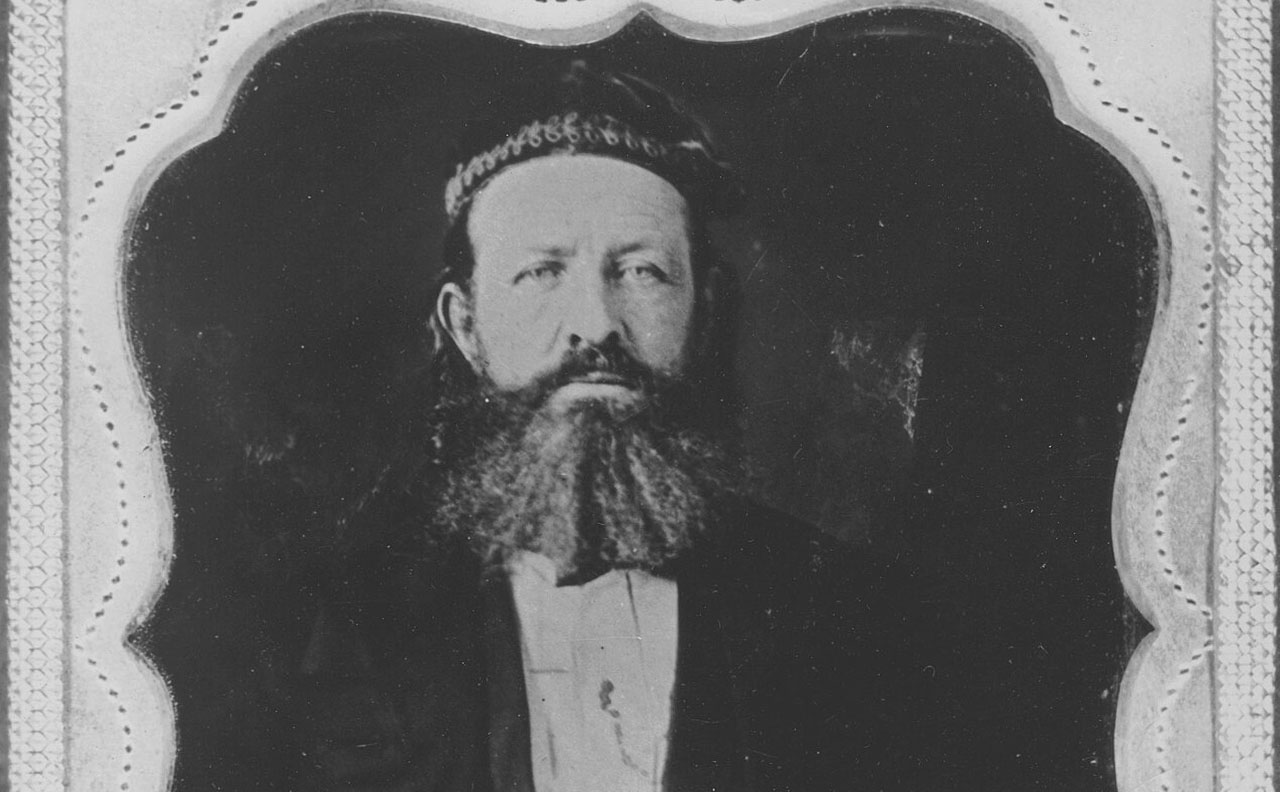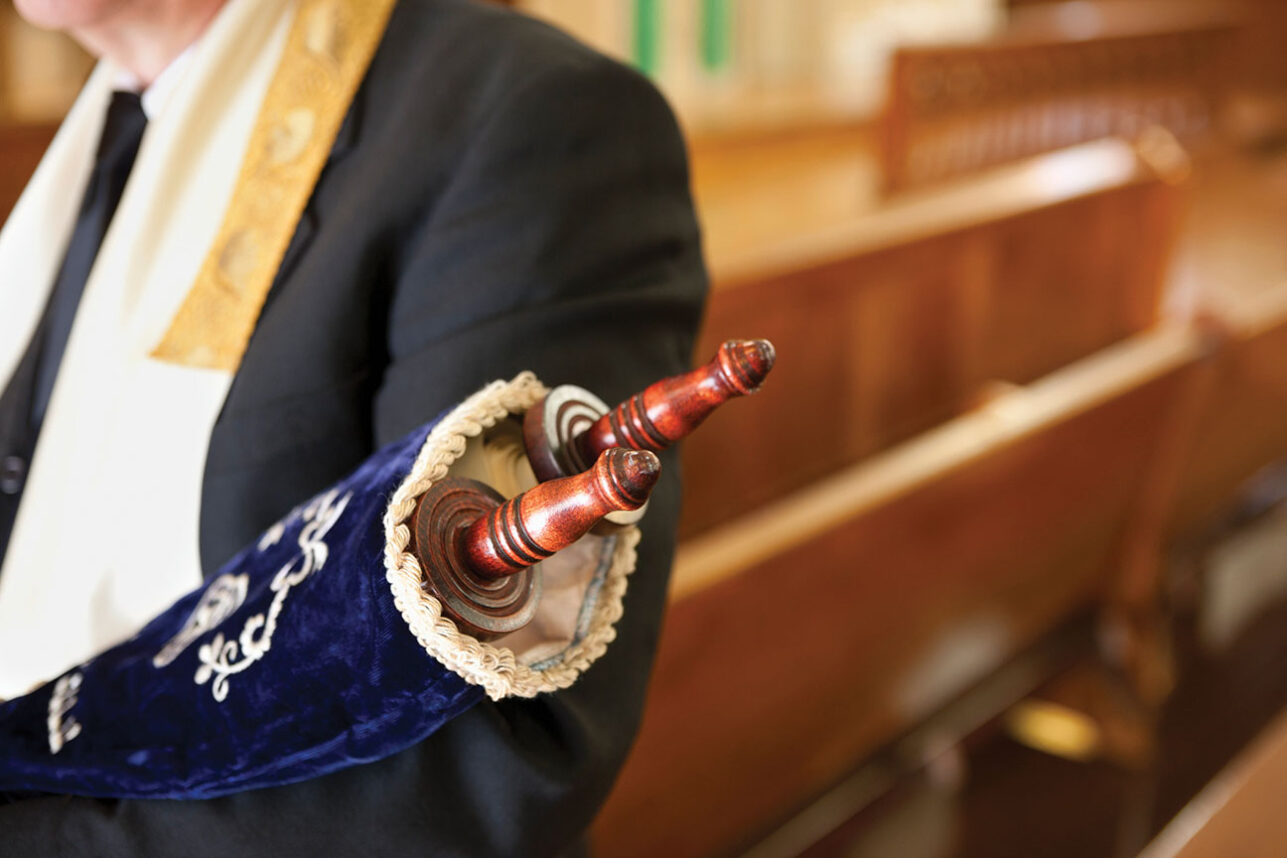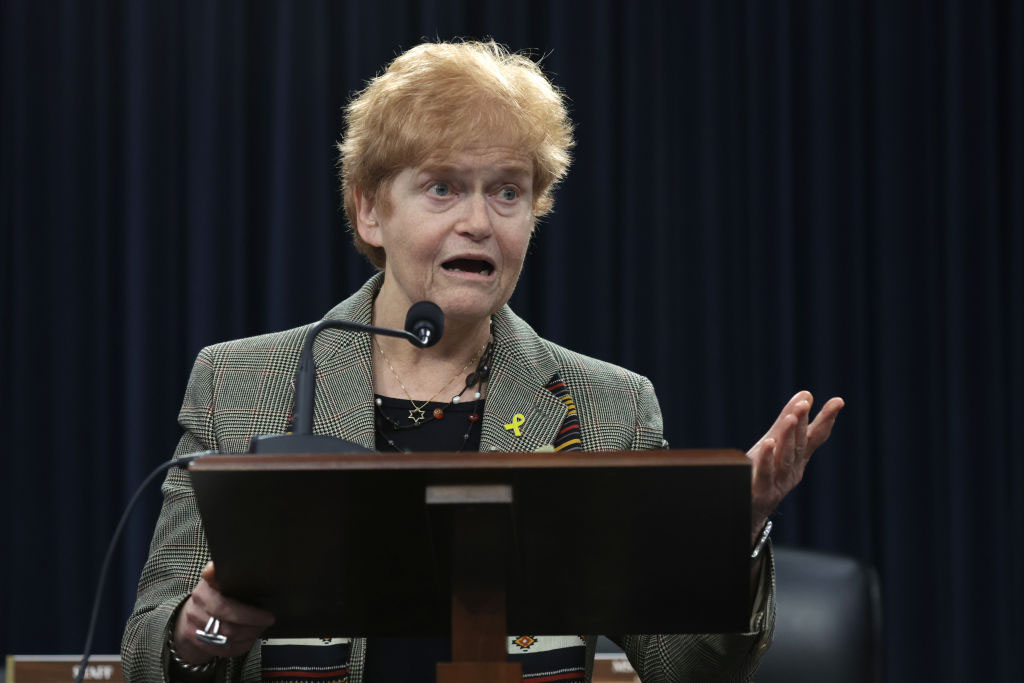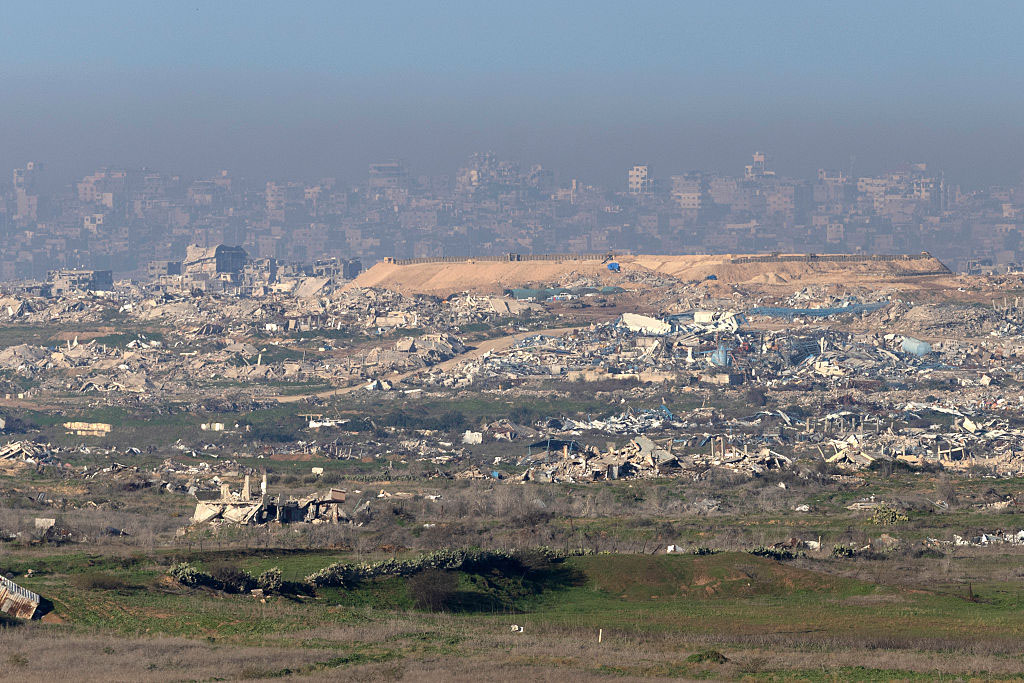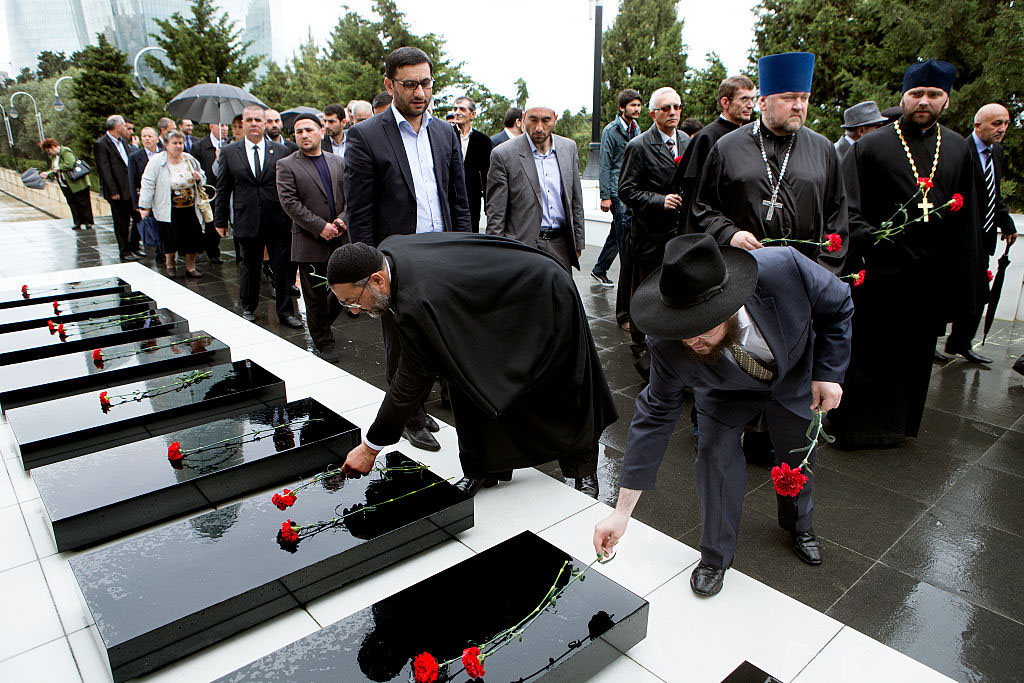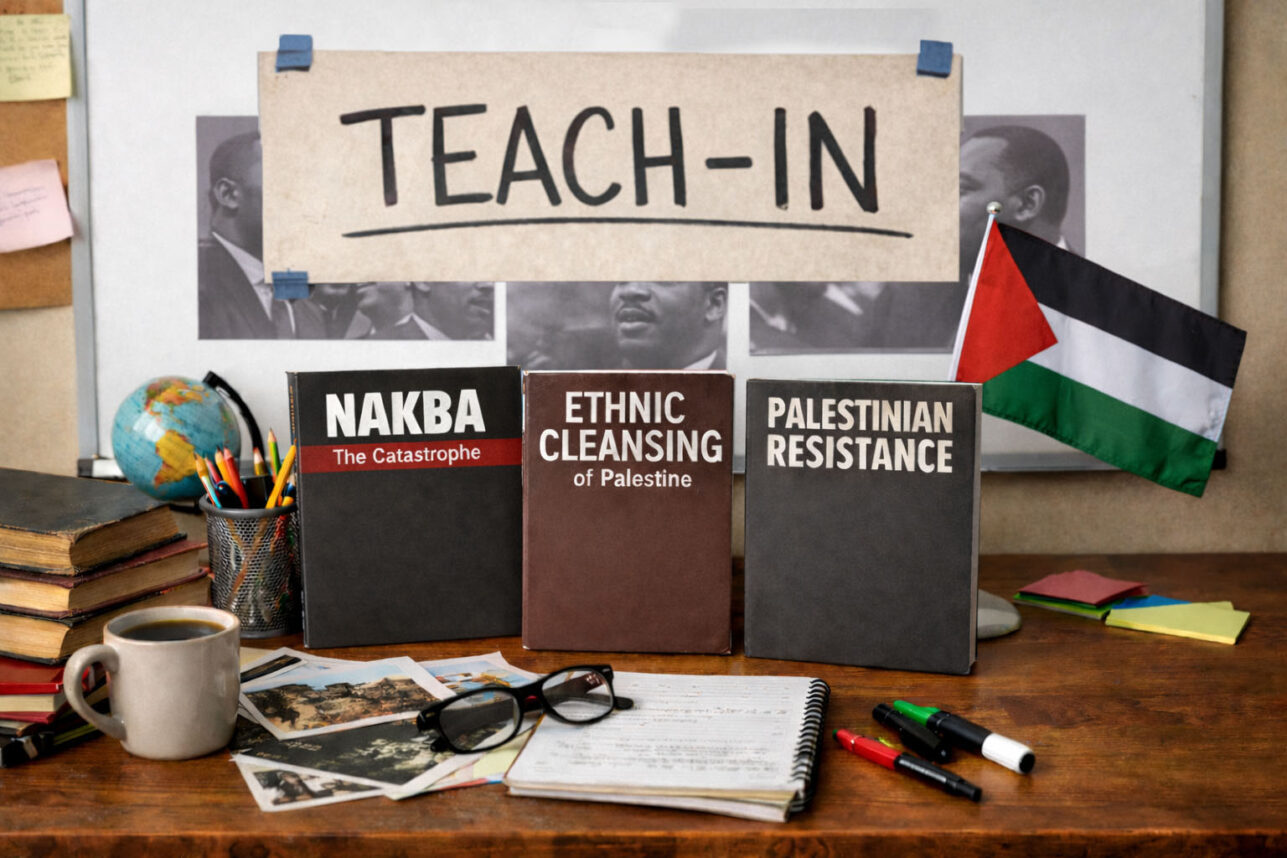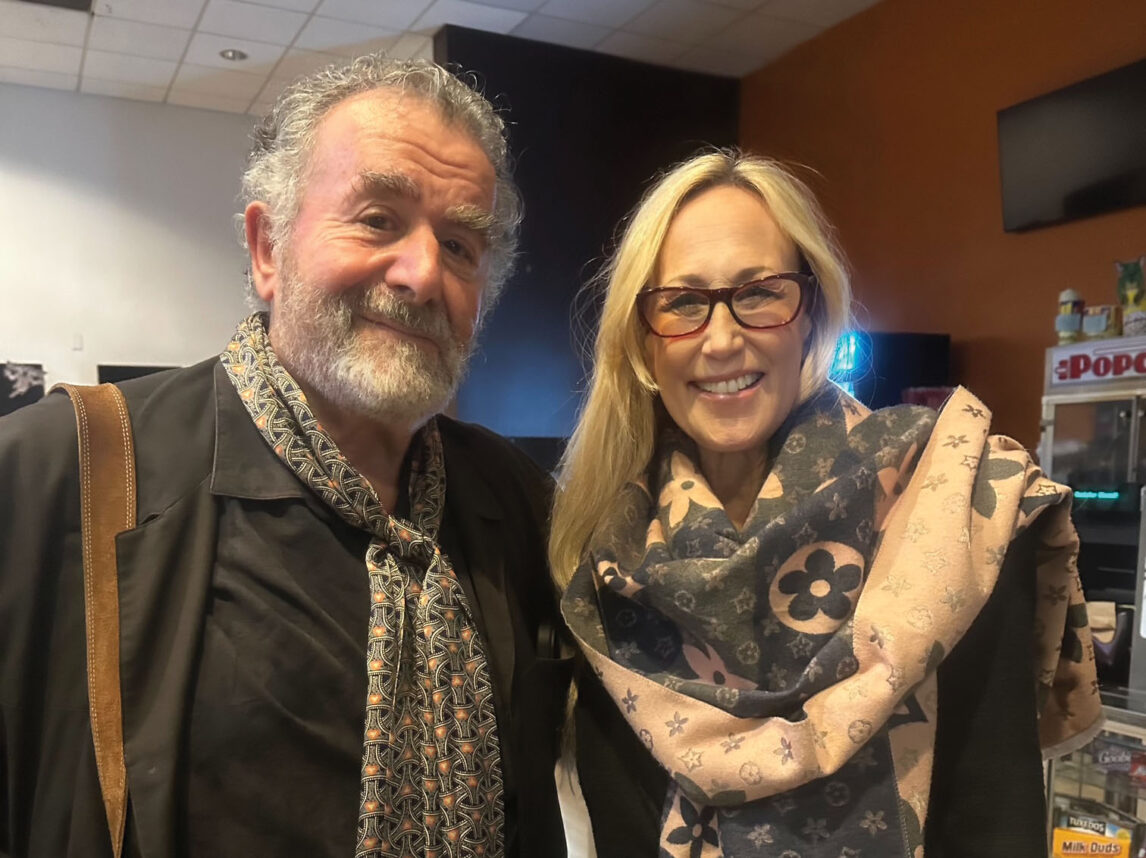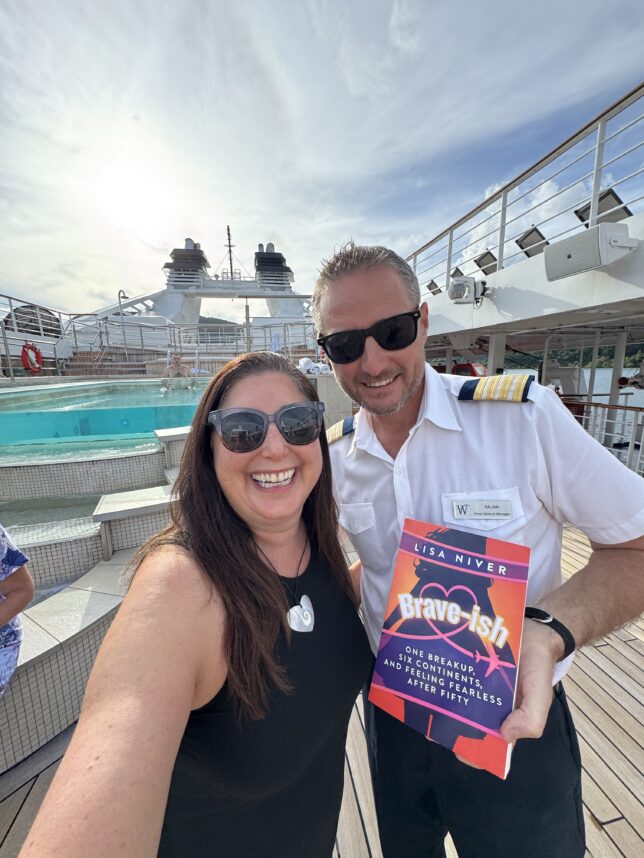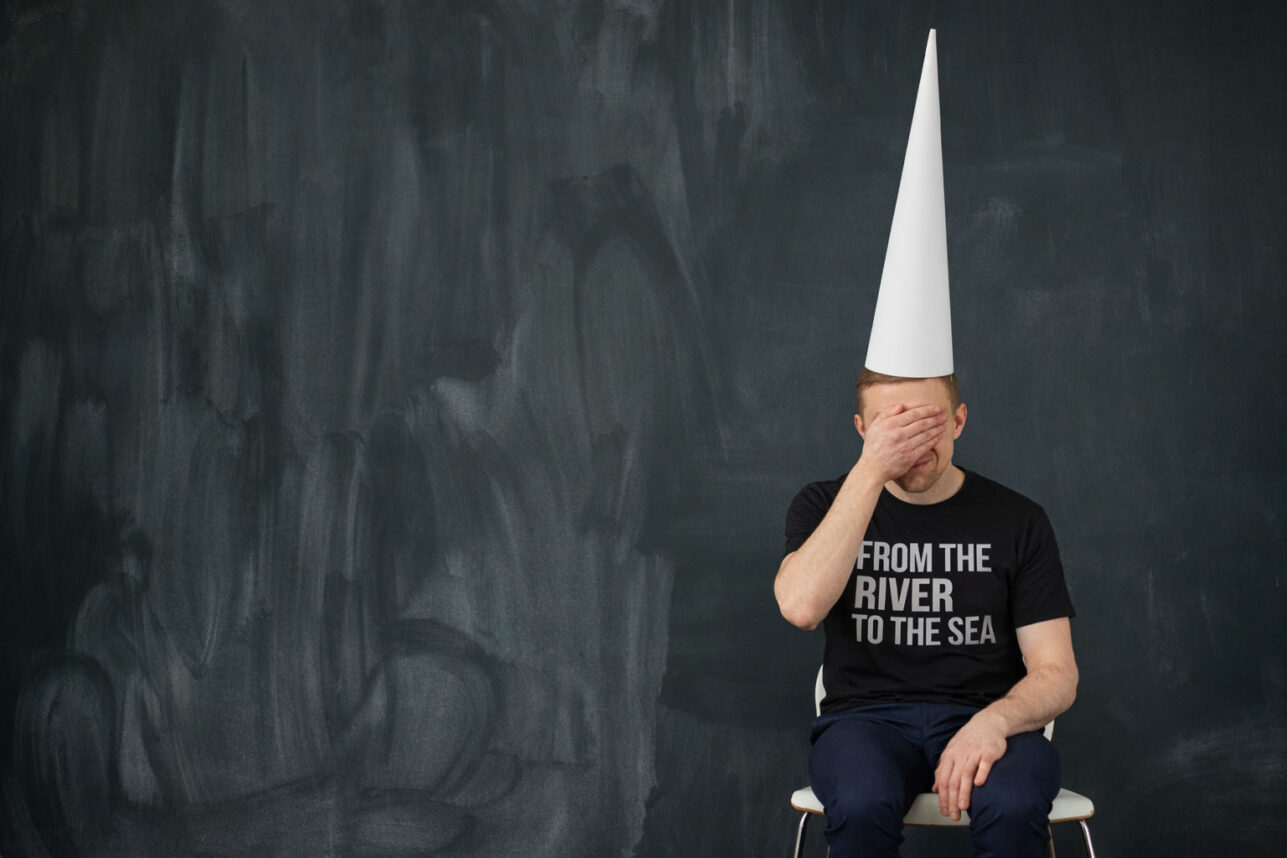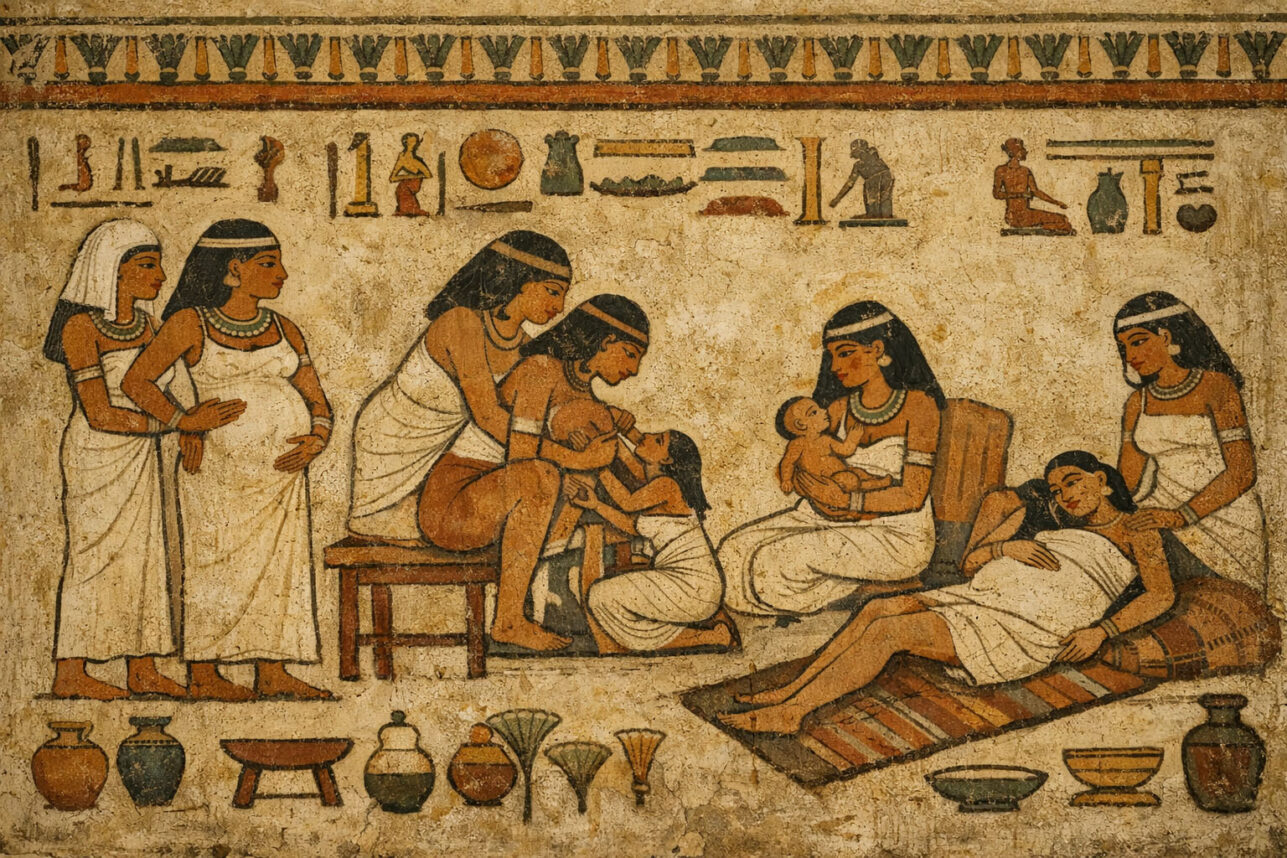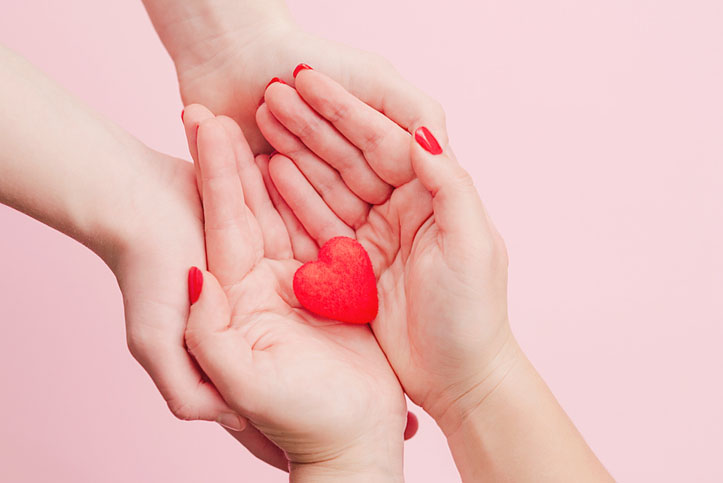
During the Los Angeles fires, the air quality at my home became unbearable, and I thought, “We’ve got to get out of here!” Throwing a few items in a suitcase, we got in our car and started driving south on the 405. We ended up in Oceanside, 100 miles south of LA, where the air was clear and a learning experience awaited me.
Our second day in Oceanside was Friday. We’d rented an Airbnb and invited our kids who live in LA to escape the smoke and spend Shabbat with us.
Late in the morning, we decided to go for a walk on the beach. From the street, the beachfront looked blissfully inviting (hence the name Oceanside). But when we tried to reach the beach, we discovered that there were berms, or small hillocks, between the beach and the shore. Narrow, steep paths connected the boring beach to the delectable sea.
I looked at the path. Deep down, I knew it was too steep for me. But hope springs eternal, so I took a tentative step down. Plop! I fell and landed hard on my right shoulder on the packed sand. The pain was intense. I could barely move my arm. A woman who was on the beach with her children rushed over and asked if I was okay. I stuttered, “I’m fine,” even though I clearly wasn’t. She asked if there was anyone she could call. I nodded toward my husband and said, “I would tell you to call him, and he’s already here.” She returned to her towel and her children.
I staggered to my feet, and we haltingly set off along the beach, trying to find a place where we could climb back up, get to our car, and head to the emergency room. There was no break; we would have to climb. Forlornly, we kept looking for a path upward. Suddenly, a lifeguard truck pulled up. A burly, tattooed lifeguard asked if we needed help. You bet we did. Gratefully, we got into the truck. He drove us up the hill to the triage station, loaded me into an ambulance and sent me off to Tri-City Hospital, where I was whisked through the emergency room, X-rayed, diagnosed with a broken collarbone (clavicle), and sent home. We arrived at our Airbnb moments before Shabbat.
While in the lifeguard truck, I asked the driver if he had just happened upon us in his regular rounds. “No,” he replied, “A beachgoer came and told us that someone had been injured and sent us to look for you.” That woman who had inquired about me had gone to seek help for me even when I’d told her not to bother. She extended herself to do this act of kindness, and it saved me from a great deal of pain and distress.
I will never know her name. She will never know mine. But her kindness remains with me as my bone heals and I return to daily life.
That’s how it is with kindness: It reverberates. One kind act can generate incalculable results in the life of another person. When we smile and greet someone in an elevator, compliment an older person on the sweater they’re wearing, say hello to a fellow slouching down the street, or bend down and say hello to someone in a wheelchair, we set a cascade of kindness into motion.
As a Buddhist sage said, “Everyone you meet is fighting a war you know nothing about.” Who knows what the people we meet are going through?
As a Buddhist sage said, “Everyone you meet is fighting a war you know nothing about.” Who knows what the people we meet are going through? Maybe everything is hunky-dory, but maybe not. A brief smile or greeting – or a more specific act of kindness like carrying a person’s shopping bags or bringing them a meal — might signal to that the person that the world is not all bad.
The first chapter of Pirkei Avot (The Ethics of the Fathers) tells us that the world stands on three things: Torah, Divine Service, and Acts of Kindness (Torah, Avodah, Gemilut Chasadim). We can’t all be Torah scholars. We do not have the opportunity to serve in the Beit haMikdash. But the one path to the divine that is always open to us is the path of kindness. Today, smile at a stranger. Find a way to lighten another person’s load. You’ll find that your corner of the world becomes stronger because of you.
Elizabeth Danziger is the author of four books, including “Get to the Point,” 2nd edition, which was originally published by Random House. She lives in Venice, California.











